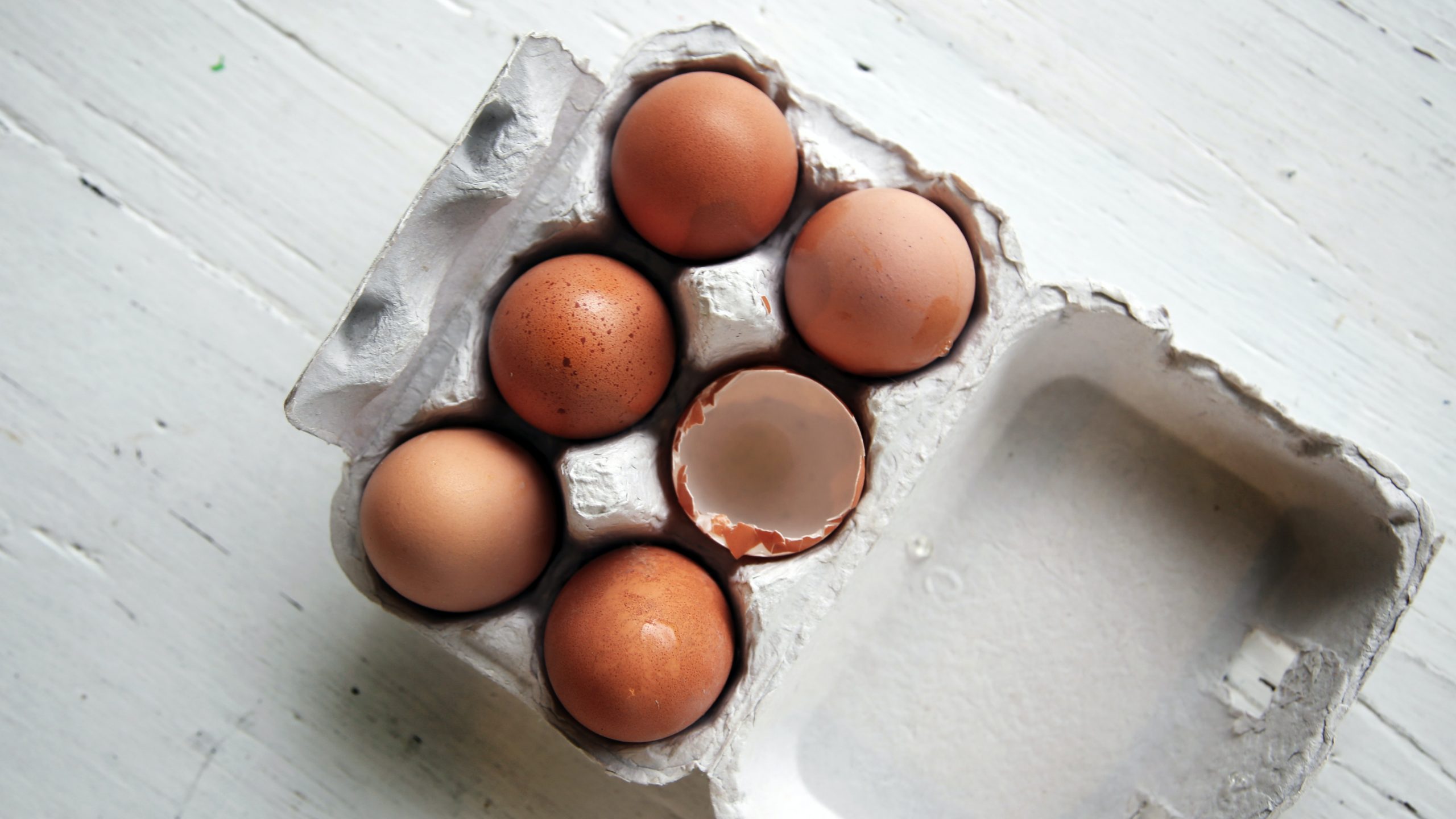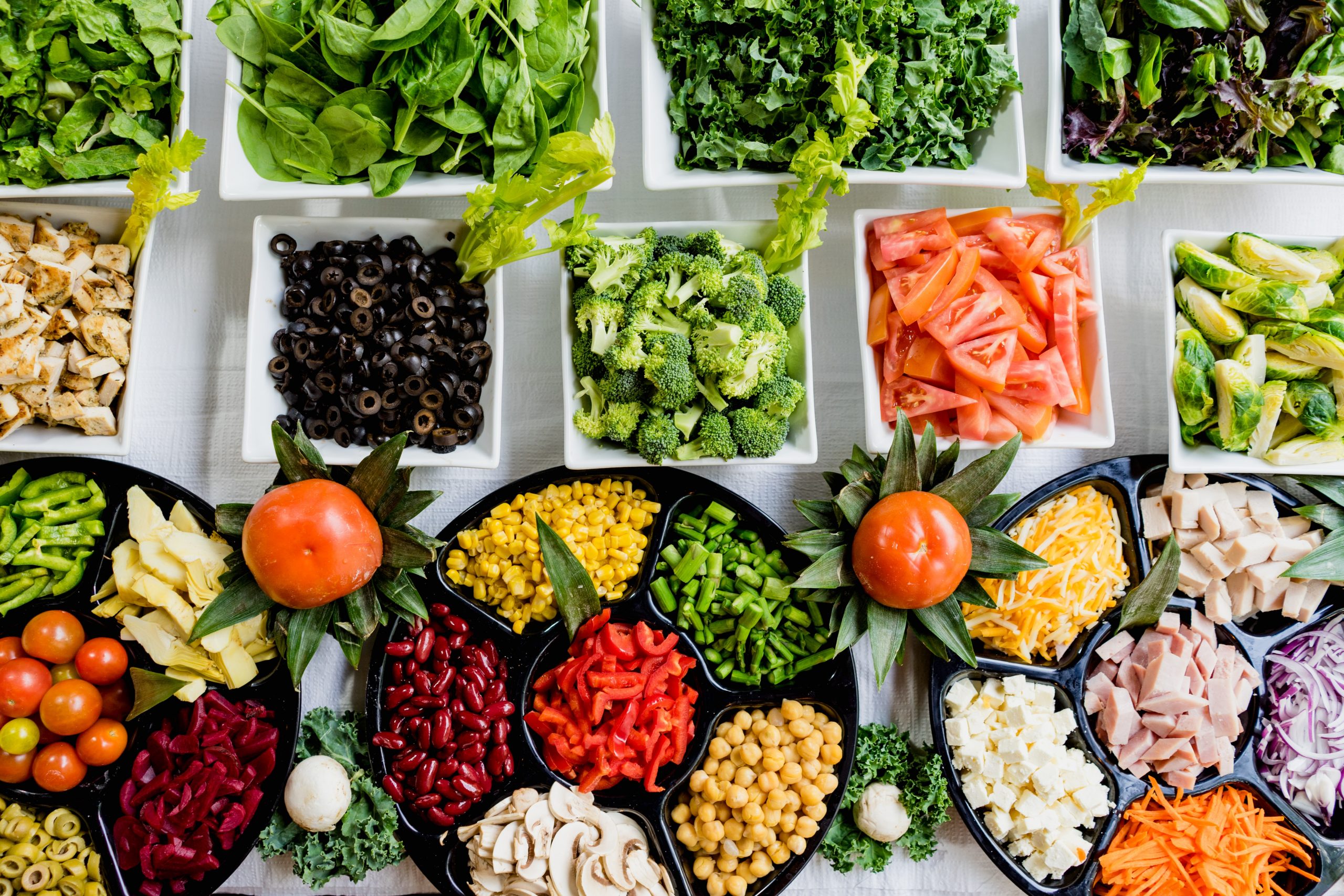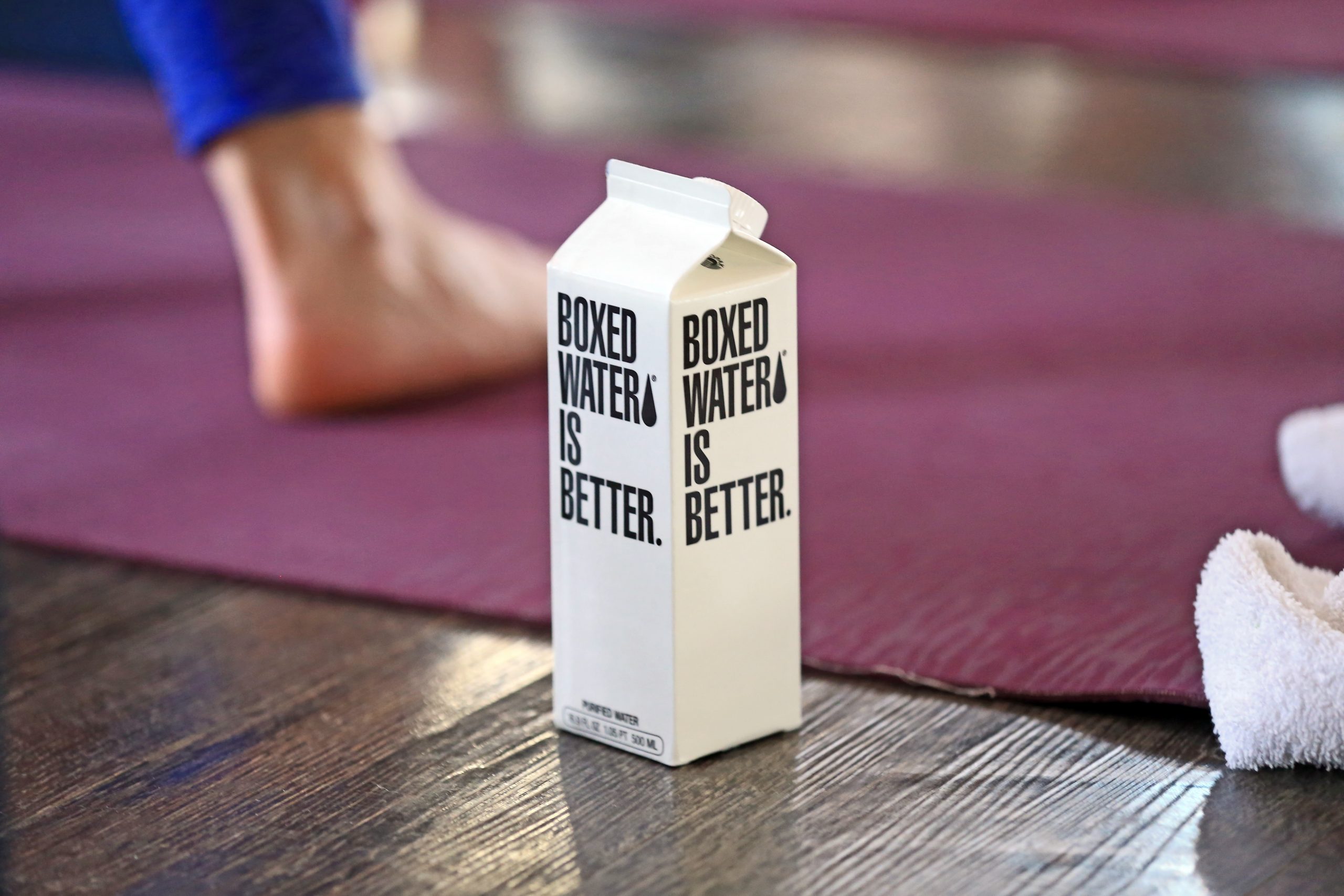August 19, 2020

When it comes to recovery nutrition post exercise, making sound nutrition choices is just as important as what is consumed leading up to exercise and throughout the day. Recovery nutrition replenishes energy stores, facilitates muscle repair, eases inflammation and soreness, and replenishes fluid lost during activity. All of this sets the body up for the next exercise or athletic endeavor. Recovering well will support advancement and gains made in athletics.
Four components of recovery nutrition will be discussed- carbohydrates, protein, anti-inflammatory compounds, and hydration. Focusing on these four and including the proper amounts of each can help to simplify the question of what to eat post exercise.

It is generally recommended among sports nutrition professionals that carbohydrates should be consumed at an amount 3-4 x higher than protein post exercise. It is also generally understood that consuming more than 25-30 grams of protein at any given time is of no greater benefit. As far as the timing goes, there here is a 30-minute window post exercise when the muscles are most receptive to nourishment replenishment. So, to maximize recovery time, try to eat within this time window. However, if the window is not met, the body will still replenish itself.
The amount of carbohydrate to consume post exercise will vary based on the individual and as little as 100 calories immediately following exercise can make a difference. General guidelines are to consume 1-1.5 gm carbohydrates / kg of body wt and repeat this every 2 hrs for 4-6 hrs post exercise. For an individual weighing 150lb, this equates to 65-100 gm carbs. The meal should also contain protein in the amount of 15-30 gm to promote muscle repair.
Muscle adaptation to training can be enhanced with protein consumption spread throughout the day at an amount of 0.3grams/kg of body weight after exercise and in subsequent meals every 3-5 hours. This amounts to 20.5 grams at a time for a 150lb individual.
Whole food sources of protein are best and supplemental sources as a second choice. Protein can be found in yogurt, lean meats, eggs, beans, legumes, whole grains, nuts, and seeds.

Anti-inflammatory compounds and omega-3 fatty acids are found throughout the plant kingdom. They are found in higher concentrations in vibrantly colored fruits and vegetables, seeds like chia, flax, and hemp, and nuts like walnuts. These compounds can reduce soreness and suppress acute inflammation that naturally occurs with high intensity exercise or the breaking down of muscle. Omega-3 fats may even increase the rate at which muscles are rebuilt.
Antioxidants are found on average at amounts 64x higher than any animal-based food. Including a variety of colorful plant foods post exercise will optimize the number of antioxidants consumed.
Food such as cherries, berries, beets, and greens are rich in antioxidants and promote the production of nitric oxide which is a chemical that dilates the blood vessels and arteries assisting in blood flow and the delivery of nutrients, oxygen, and antioxidants to the muscle cells and throughout the body. Anthocyanin is found in high concentrations in purple and blue produce and provides many benefits for the cardiovascular system as well as the brain.
These plant foods post exercise additionally provide minerals like magnesium, calcium, and potassium that are lost in small amounts through sweat.
As far as how much to include, for fruit and vegetables, think in terms of cups and 5 cups total per day, for nuts and seeds, think in terms of tablespoons or ¼-1/2 cup servings for the day.

As far as hydration goes, one lb of sweat equals 16oz of fluid. For endurance athletes and those exercising over 60-90 minutes especially in the heat may consider weighing themselves pre and post workout to get a general idea of the amount of fluid lost from a particular activity. To rehydrate post-exercise consume 16-24 oz of water per lb of body weight lost. For every lb of sweat lost, along with the fluid loss is 80-100 mg of potassium (the amount in ¼ of a banana) and 400-700 mg sodium ( ~1/4 tsp salt and easily replenished with a meal post workout). Consuming a meal post exercise is typically adequate to replenish electrolytes lost with sweat. If not eating post workout, including a sports drink that contains sodium and potassium along with a form of glucose can help with the recovery process.
Stressing the body is a good thing, which exercise does. Rest, repair, and proper nutrition is the other part of the equation for growth so keep both in mind.
Bowl of old fashioned oats (45gm, 8gm pro) with soymilk (4gm, 8-12gm pro), 1 cup or more of fruit (ex. 1 banana with 1 cup blueberries: 40gm carb, 2.5 gm pro), seeds like chia, flax, or hemp- 2 Tb. (12 gm carb, 4gm pro) Total: 100gm carb, 24.5 gm protein, omega-3s, and anthocyanin antioxidants.
Roasted sweet potato (41 gm carb, 4gm pro) with 1 cup chickpeas (44gm carb, 14gm pro), 1 Tb hemp seeds (6gm carb, 3gm pro), 2Tb tahini sauce (6gm carb, 5gm pro) total: 96gm carb, 26gm protein, omega-3s, and beta-carotene antioxidants.
1 cup soymilk (4gm carb, 8gm pro), 1 banana (20gm, 2.5 gm pro), 1 cup frozen cherries (19gm carb, 1.5gm pro), ¼ cup old fashioned oats (16gm carb, 2.5gm pro), 2Tb hemp seeds (2 gm carb, 6gm pro), 1 Tb chia seeds (6gm carb, 2 gm pro), 2 Tb cocoa powder, ½ cup spinach, 1 date (5gm carb), dash of cinnamon. Total: 72gm carb, 22.5 gm protein, omega 3s, and anthocyanin antioxidants.

Lauren has been a registered dietitian for 6 years and helps others develop practical and enjoyable lifelong nutrition habits to improve health, well-being, energy levels, confidence, and digestion. She focuses largely on a whole food, plant-based nutrition approach to health.

Synchronicity is a subsidiary of Modern Minds, a non-profit organization dedicated to treating and empowering mental health and wellbeing. We often partner together to offer truly integrative care for Modern Minds clients, Synchronicity members and the greater Lowcountry community.
Visit Modern-Minds.com